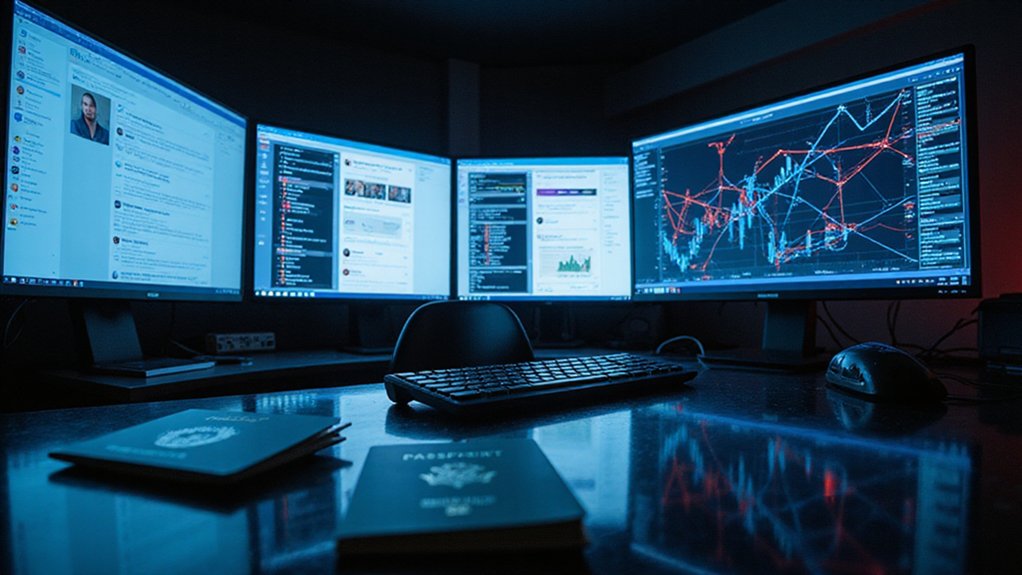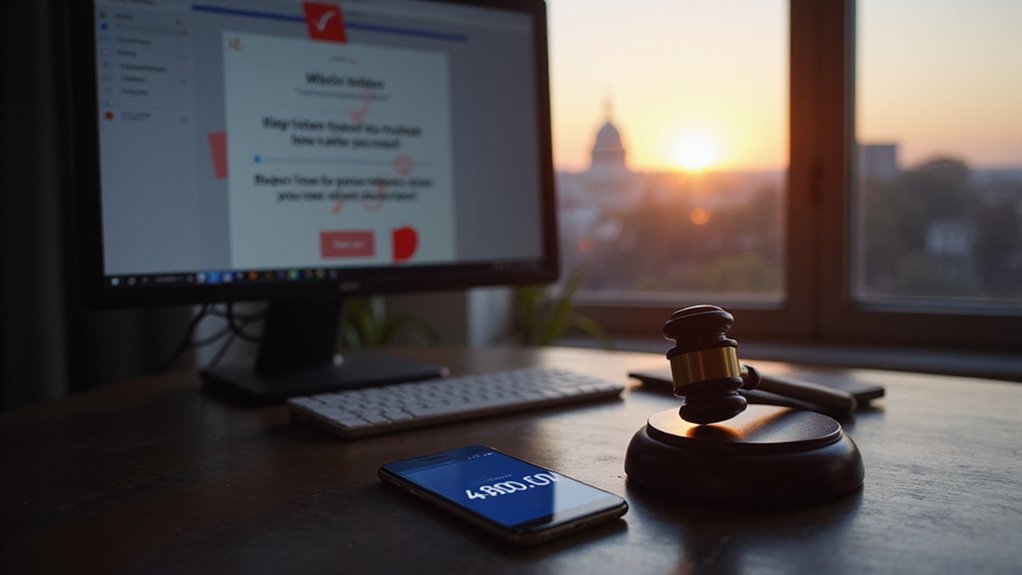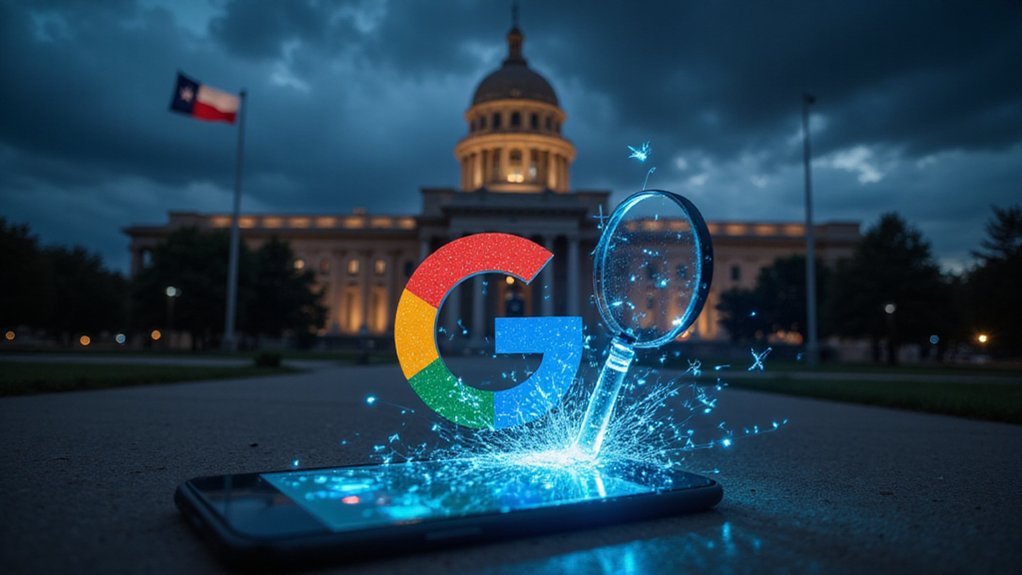The Department of Homeland Security now uses AI to screen social media accounts of millions seeking U.S. visas. Since 2019, applicants must submit their social media handles for analysis. The system flags potential security threats for human review, affecting visa decisions for foreigners and international students. About 450 students recently had visas revoked for pro-Palestinian posts. This expanding digital surveillance raises serious privacy and free speech concerns.
In a major expansion of digital surveillance, the Department of Homeland Security has formalized a policy to routinely screen the social media accounts of all foreign applicants seeking U.S. visas and immigration benefits. This screening specifically targets content “endorsing, espousing or promoting antisemitic terrorism or terrorist organizations” and affects nearly 15 million people applying for U.S. visas each year.
Since 2019, almost all foreigners must provide their social media handles when applying for U.S. visas. The policy now extends to current residents, green card holders, international students, and those affiliated with educational institutions linked to flagged activities.
The U.S. government began increasing social media vetting for immigration purposes in 2014. Pilot programs started in 2015 and evolved from limited, targeted checks to massive data collection using AI analysis. A State Department emergency notice in 2017 considerably expanded the screening process.
Social media vetting has transformed from targeted security checks to sweeping AI-powered surveillance of millions seeking entry to America.
AI tools now process millions of social media accounts for potential security threats much faster than humans could. The technology serves as a first-pass screening tool, flagging content for human officers to review later. However, experts warn that AI can miss context and nuance, risking both false positives and false negatives. These tools have been developed over a decade to analyze social media content for immigration screening purposes.
The policy has led to more visa revocations and denials based on social media activity. About 450 international students have had their visas revoked, many for expressing pro-Palestinian speech on their social media accounts. AI-powered “Catch and Revoke” programs allow for quick review of tens of thousands of accounts.
Many affected individuals receive little or no explanation when their status is denied or revoked. Officials can use “foreign policy threat” determinations based solely on social media posts.
Privacy and civil liberties groups have criticized the policy as burdensome and vague, raising concerns about chilled speech and discrimination. Despite these concerns, USCIS continues to employ AI to increase efficiency while maintaining that human judgment remains essential to final decisions.
References
- https://www.uscis.gov/newsroom/news-releases/dhs-to-begin-screening-aliens-social-media-activity-for-antisemitism
- https://firstamendment.mtsu.edu/post/u-s-immigration-officials-look-to-expand-social-media-data-collection/
- https://www.dhs.gov/ai/use-case-inventory/uscis
- https://www.insidehighered.com/news/quick-takes/2025/04/10/dhs-formalizes-policy-screening-noncitizens-social-media
- https://visaservices.usc.edu/2025/04/14/immigration-alert-mandatory-registration-with-immigration-service/









